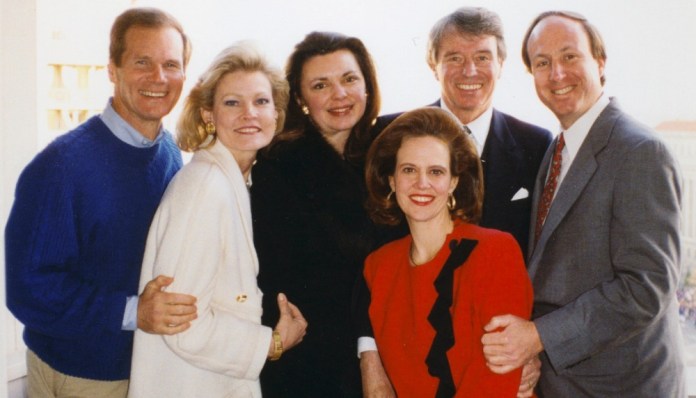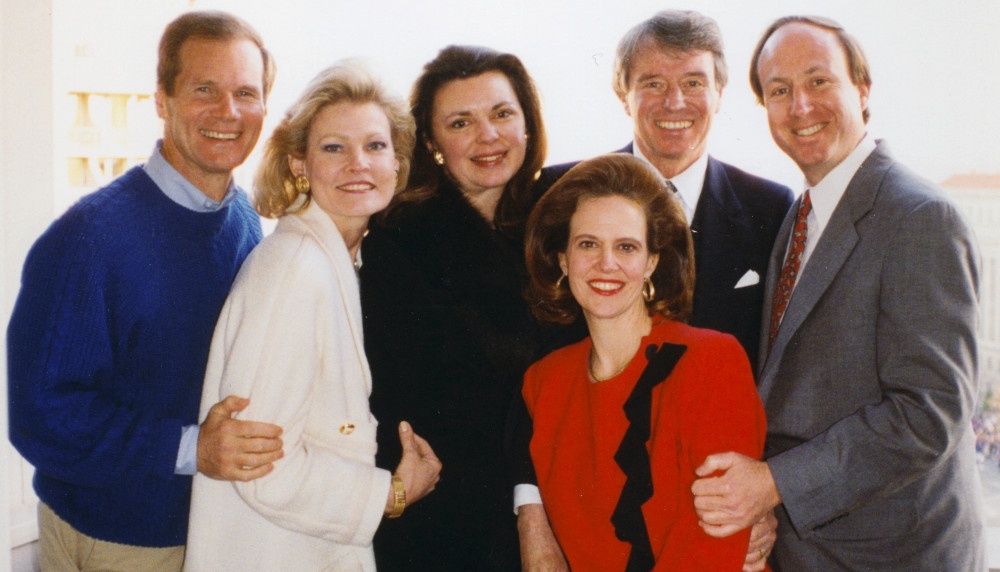This year’s 67th annual National Prayer Breakfast (NPB), like everything else during this pandemic, was starkly different. Traditionally 4,000 attendees (including 1,500 internationals) attend, with a dozen prominent public officials at the head table, and many related activities during the three-day event. Not so in 2021, but President Biden’s appearance, sharing about his faith and message, was a highlight.
Since 1953, the U.S. Senate and House of Representatives weekly prayer groups host this annual event. The message is about how their personal faiths can bridge the political and policy differences to create more civility in the public square. It’s bipartisanship through the soul door.
Congress is representative of America’s diversity — geopolitical, cultural, ethnic, ideological — and these elements are sources of strength and potential threats to our democracy. Today it is more about threats that occurred on the January 6 insurrection. The pillars of our democracy are in jeopardy as never before.
But for those who share a common faith (more personal than formal religion), what’s essential for those who participate in the Senate and House prayer groups, is sharing about their personal lives. praying for one another, and simply being collegial.

Early in my second term in Congress (1977), a close friend shared an idea about forming a small group of Congressmembers to meet weekly. We would set aside our political differences and share our personal experiences and the importance of faith in our private and public lives. I consented. The following week, the four of us assembled in Senator Mark Hatfield’s personal office in the U.S. Capitol. It was quickly apparent the four of us covered the political spectrum. Bill Nelson, Democrat from Florida, Paul Trible, Republican from Virginia, and Tom Evans, Republican representing Delaware, and me.
While it was obvious that we had opposing political views and occasionally rushed to the House floor to cast votes on different sides on major issues, we also began to recognize that we could build trust and respect for one another by putting God’s love and the common good above our conflicting political agendas.
Our bonding became evident among our colleagues, who took notice of how our friendships transcended the usual political norms on the House floor. This was before the rise of the Moral Majority and its politicizing of the evangelical community, a development that does more to alienate than unify those in the public square. Our mutual commitment went beyond our weekly meetings and included our families as we frequently would spend time together. Before we left Congress, we took a special trip to the Middle East.
By 1988, each of us had reached the inevitable crossroads in our respective political careers. Do we sacrifice our safe seats in the House of Representatives and “go for it” by running for higher office? As each of us shared stories about the challenges of a statewide campaign, it was like we were on the same team. Unimaginable that a small group of Republicans and Democrats would meet weekly to offer encouragement and prayer for one another, even if the outcome might affect who would control the U.S. Senate.
When election day arrived and the votes were tallied, it was a stunning blow to each of us, including me. Suddenly, we lost our secure congressional seats and now faced uncertainty. A few weeks later, we traveled to Bermuda, something of a retreat, to better understand the outcome and how best to cope with the uncertainty and new challenges.
Defeat only deepened our foursome’s friendship and commitment to one another. Perhaps our legacy was not so much about political victories and accomplishments as lawmakers. God’s purpose for each of us was something other than serving in the U. S. Senate or being a governor.
Now we are all back in our home states, and 35 years later we still get together as cherished friends and pray for one another.
Don Bonker served in Congress, representing Washington’s 3rd District, from 1975-89. His new book is “A Higher Calling: Faith and Politics in the Public Square.”
Discover more from Post Alley
Subscribe to get the latest posts sent to your email.
